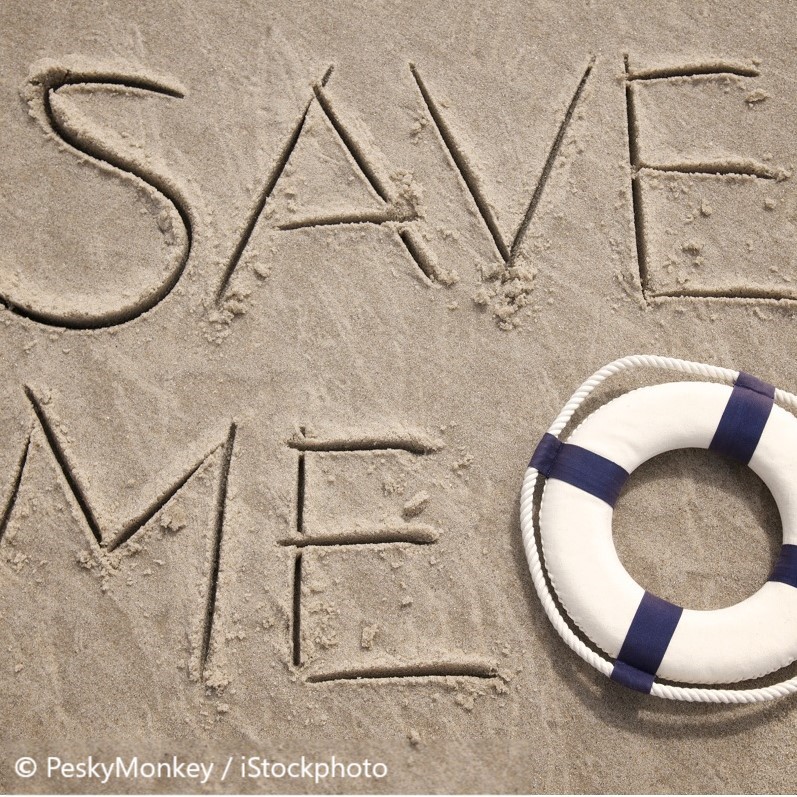08.04.2020
Competition Law in a State of Emergency in times of COVID-19 (Update)

The effects of the COVID-19 virus pandemic ("coronavirus") on society and the economy are still and increasingly noticeable. In addition to the health consequences for numerous people infected, private and public institutions (theatres, museums, cinemas, etc.) are still closed throughout Germany, countless events have been cancelled and even exit restrictions have been imposed on the public. The events have also had a significant impact on the economy, as shown by the collapse in stock prices. Many companies fear they may face insolvency due to lack of demand and lack of payment from their customers. We have already reported on how antitrust law and practice has adapted to the current extraordinary situation. Following our first report, further developments relevant to antitrust law have taken place. Internationally, governments and authorities have so far reacted to the challenges posed by the spread of the coronavirus with diverging signals. The announcements and measures range from the loosening of antitrust regulations in certain areas directly related to supply, transport, and healthcare, via increased financial aids, to a particularly tightened monitoring of the ban on cartels. Even apparently consumer-friendly behaviour can currently call on the competition authorities to start investigations concerning a possible abuse of dominance. Companies are currently faced with both opportunities and risks, which – especially in the current extraordinary situation – must be carefully assessed.
In response to the current exceptional situation, many competition authorities and governments – especially in Europe – indicate to loosen the competition rules in appropriate cases of pandemic relevance:
- For instance, with effect from 19 March the Norwegian government granted the transport sector a three-month exemption from the prohibition of cooperation under antitrust law. This measure allows, for example, the airlines SAS and Norwegian to coordinate their flight plans.
- Both the British and German governments announced last week that they would allow further cooperation in the food industry and retail trade to secure supplies for the population.
- Earlier this week the European Competition Network (ECN), a network of the European Commission, the EFTA European Surveillance Authority and national competition authorities, announced that the authorities would not block a necessary and temporary cooperation of companies which supply the population with scarce products.
- Last week the South African government published a draft law including exemptions from the antitrust prohibition on cooperation in the health sector and new regulations to prevent excessive prices by dominant companies.
Contrary to the loosening of antitrust regulations described above, however, the exactly opposite approach of some competition authorities can also be observed at the same time, particularly the announcement that they will monitor the ban on cartels in a specifically strict way in times of crisis:
- The Portuguese competition authority announced last week that it would be extremely vigilant, in order to detect anti-competitive practices by companies abusing the current situation to the detriment of the population and the economy (e.g. by price fixing or market sharing).
- Similar announcements were made by the competition authorities in the US, Canada, Great Britain and New Zealand.
- The ECN has also warned companies not to take advantage of the current situation by setting up cartels or abusing their dominant position.
- For its part, the UK Competition Authority has already built a task force to identify harmful selling and pricing practices by companies and to take any required measures.
- Finally, Chinese market regulators have already initiated proceedings due to illegal price increases and imposed first fines.
In addition to or as an alternative to a more generous (or stricter) application of the ban on cartels, the loosening of the rules on state aid seems to be the currently preferred measure to mitigate the economic impact of COVID-19:
- On 19 March the European Commission published a Temporary Framework for State aid measures (e.g. direct grants, tax advantages, bank guarantees, etc.) on the basis of Article 107 (3)(b) TFEU.
- Based on this framework, the Commission approved several aid schemes within only a few days, including one Danish (around EUR 130 million), three French (in total EUR 300 billion), two German (in form of guarantees) and four Portuguese (EUR 3 billion).
For further details please have a look at the website article on "State aid and the Corona pandemic".
Moreover, the coronavirus is also showing its first effects on antitrust law related aspects of transactions. Besides a somewhat hesitant investment behaviour of some investment companies that can be observed, there is a particular risk that competition authorities will be unable to smoothly carry out their work in transactions:
- The competition authorities in Germany, France and some other countries have already generally asked companies to consider whether a merger can be notified at a later date. At least for the moment, it can be expected that the authorities will make full use of the statutory review deadlines, or even might be inclined to question the completeness of merger control notifications (which means that the statutory review period may not begin until the requested information has been provided). Now more than ever, companies should have a close look on stipulated rights of withdrawal, contractual penalties or purchase price adjustment clauses that apply in the case that a transaction is (not) completed by a certain date.
- The Spanish government has also adopted a new law which requires the acquisition of shares in a company under restrictions for certain sectors (energy, transport, health, communications, etc.). Similar restrictions have been in force in Germany for a few years now (cf sections 55 et seq. of the Foreign Trade and Payments Regulation).
- If the crisis persists, further restrictions must be expected in transactions which could endanger the security of supply (especially in the health sector).
Several governments and authorities have identified antitrust law or the amendment of existing regulations as a measure to deal with the economic consequences of the coronavirus. On the one hand, cartel prohibitions are loosened (temporarily) in individual cases, on the other hand, existing competition rules will be enforced more strictly. For companies, this leads to both opportunities and risks.
Against this background, companies should review whether, to what extent and for how long they may benefit from the newly created legal opportunities in antitrust law. In the worst case, an incorrect assessment of the current legal situation could even transform an initially foreseen economic benefit into a disaster (e.g. through fines due to a subsequently identified antitrust infringement). In view of the current special situation, due caution should also be taken with regard to transactions.
Thus, obtaining antitrust law related advice is of particular relevance in times of the coronavirus – and in case of similar exceptional circumstances in the future.

Dr Sebastian Felix Janka, LL.M. (Stellenbosch)
Partner
Munich
sebastian.janka@luther-lawfirm.com
+49 89 23714 10915

David Wölting
Senior Associate
Dusseldorf
david.woelting@luther-lawfirm.com
+49 211 5660 24990